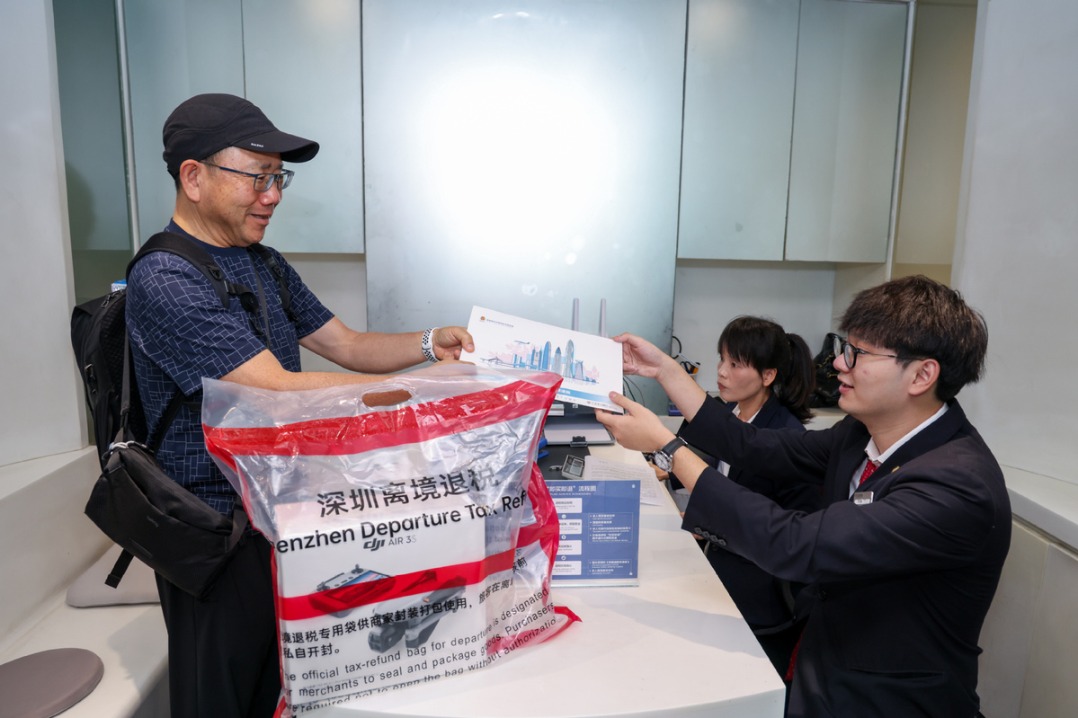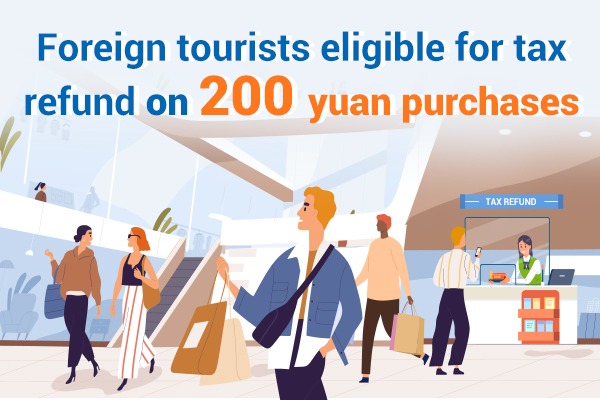For retail investors, global play is the new normal


In the wee hours one day recently in Shenzhen, Guangdong province, Li Guang, 33, shut down his PC finally and prepared to go to bed. But his mind continued to churn data on the trade he had just executed. He added shares of Weibo, a Nasdaq-listed Chinese social network company, to his investment portfolio, a task that required Li to stay awake to play the US market operating in a different time zone.
Li is getting used to life as a night owl, a first step toward becoming a successful part-time retail investor based in China with focus on US stocks. But altering the body's natural biorhythms may be the easy part of the deal-Li has to contend with gaps in knowledge and language.
But he is unfazed, even excited to a certain extent. Such is his passion for investing. For Li, overseas asset allocation packs in quite a heady punch.
"It doesn't make sense to remain blind to the solid opportunity inherent in the world's largest stock market in the United States," said Li, who, by profession, is actually a public relations practitioner.
Li is among the millions of retail investors in China who have been recently bitten by the wealth management bug. They are more willing now than ever before to allocate part of their investable savings to offshore markets. Portfolio diversification has become a virtue. A fad, if you will.
For years, overseas asset allocation has mainly been an option exercised only by some high net worth individuals, who are more commonly known globally as HNWIs. In China, however, many local families are newly affluent, enriched by the country's remarkable success with its reform and opening-up of the last 40-odd years.
Wealth has created an urgent need for considered, prudent allocations and diversification.
The rise of asset management companies, or AMCs, and the introduction of investment programs like the Qualified Domestic Institutional Investors will mean outbound investment may become popular among ordinary Chinese people. The internationalization of China's capital market will ensure that.
What's more, the yuan, the Chinese currency, is expected to hold its strength on the back of steady economic growth despite the effects of the COVID-19 pandemic.
So, part-time retail investors such as Li of Shenzhen are flocking securities firms, brokerages and online channels to open trading accounts to buy/sell overseas stocks.
They will learn to deal with annual personal exchange purchase quota. But, a variety of other channels now present Chinese households avenues for outbound investment.
Via stock connects, mainland-based individual investors can take part in secondary market trading in Hong Kong-listed companies even without a stock account for the market.
The connectivity between mainland and Hong Kong markets has further strengthened as the cross-listing of exchange traded funds, or ETFs, between Shanghai and Hong Kong has commenced in June. The cross-listing facilitates mainland-based investors to buy ETFs tracking the performance of Hong Kong stock indexes and vice versa.
For investments in offshore markets other than Hong Kong, individual investors can choose funds issued under the quota-based programs of Qualified Domestic Institutional Investors and Qualified Domestic Limited Partner, whereby asset managers raise money at home and allocate it overseas.
The former could be a more popular choice for common families as QDII products are in general publicly offered. The appeal of QDII strengthened this year as two QDII products with focus on petroleum investment topped the list of China's publicly offered fund industry, in terms of returns for the first half of the year, yielding around 60 percent, data compiled by Shanghai Securities News showed.
Yet, a big question regarding QDII is how much quota investors can access. The good news is that the program has seen continuous increases in quota recently, a trend that will likely sustain, as assured by regulators.
The State Administration of Foreign Exchange, China's foreign exchange regulator, said in June that it has expanded the QDII quota by $10.3 billion to $147.32 billion, marking the fourth quota expansion this year.
Pan Gongsheng, head of the SAFE, said in June that the country will step up efforts to provide Chinese residents with more options for overseas asset allocation, including scaling up QDII and improving related management mechanisms.
To be sure, the trend of Chinese families adding overseas allocation is not without pushbacks.
Austin Luo, head of private wealth management at Haitong International Securities Group Ltd, said the COVID-19 pandemic, which underscored the uncertainties overseas, has dampened investors' appetite for global allocation to some extent.
Yet, the AMC boom in China, with increasingly more participation of offshore players adept at overseas investment, will help Chinese individual investors navigate global market volatility and capture the most exciting opportunities worldwide.
Haitong International, for instance, is actively helping Chinese mainland investors seize overseas investment opportunities, especially in areas investors are most interested in, including high-profile listings in Hong Kong, US dollar-denominated bonds from Chinese issuers and offshore wealth management products.
In fine, with the institutionalization and internationalization of China's capital market, living onshore but easily enjoying benefits of global asset allocation should become a new normal for ordinary Chinese families.




































